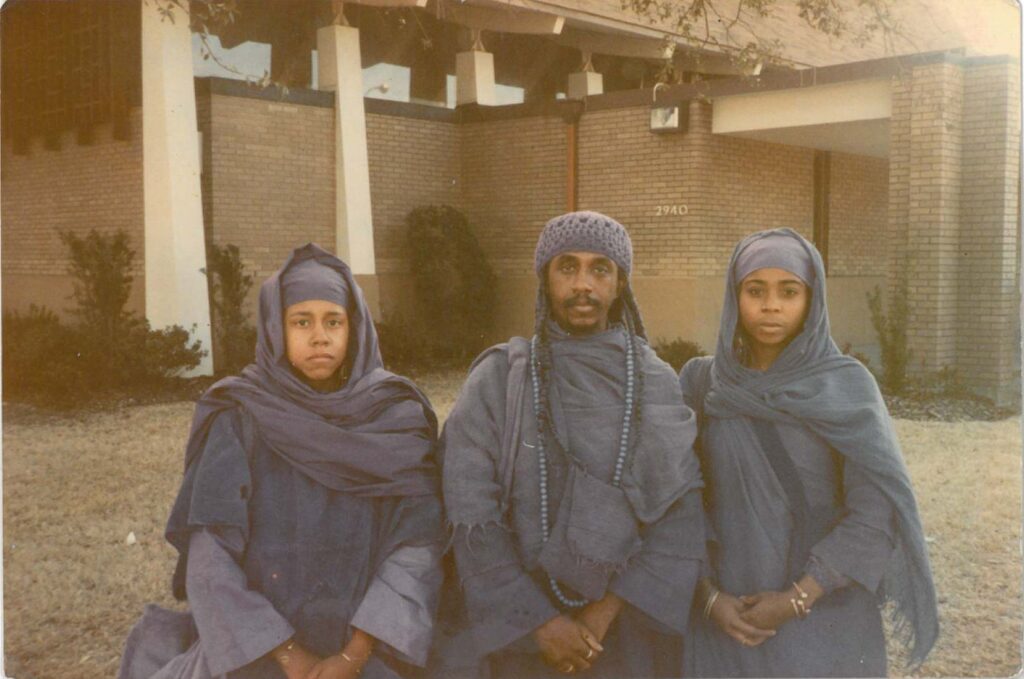A heretical Christian movement in early Christianity, allegedly based on the teachings of Nicolas, one of the first deacons.
Religion: Christianity
Denomination: Early Church
Founded: 1st century CE
Location: Asia Minor (modern-day Turkey)
Other Names: Nicolaitanism
Nicolaism, also referred to as Nicolaitanism, Nicholaism, or Nicolationism, was an early Christian sect that has been the subject of much debate and speculation due to the limited information available about them. This sect is mentioned in the Book of Revelation within the New Testament, specifically in the letters to the churches of Ephesus and Pergamum. The adherents of this movement were known as Nicolaitans, Nicolaitanes, or Nicolaites and were considered heretical by the early mainstream Christian Church.
The New Testament passages referring to the Nicolaitans commend the Church of Ephesus for hating their deeds, which were also detested by Jesus, and reproach the Church in Pergamum for having members who adhered to the Nicolaitans’ teachings. These references associate the Nicolaitans with practices and teachings that were contrary to the teachings of Christ, particularly emphasizing issues related to idolatry and immorality, which were likened to the Old Testament figure Balaam’s misleading of Israel into sin.
The origins and exact beliefs of the Nicolaitans remain somewhat murky. Some early Church Fathers, including Irenaeus, Tertullian, and Clement of Alexandria, suggested that the sect may have been founded by Nicolaus, a deacon from the early Christian Church mentioned in Acts. However, there’s speculation about the connection between Nicolaus and the sect named after him, with some scholars proposing that it might not be the same Nicolaus or that his teachings were misrepresented by the sect.
Their doctrine was believed to include antinomianism—the belief that under grace, Christians are exempt from the obligations of moral law. This perspective led to practices that included participation in idolatrous feasts and possibly other activities that early Christians found repugnant, such as ritual prostitution or other forms of sexual immorality, justified by a distorted understanding of Christian freedom.
The Nicolaitans’ teachings and practices were emphatically condemned in the Book of Revelation, underscoring the early Christian community’s struggle to maintain doctrinal purity and ethical integrity in the face of external influences and internal dissent.
image via AbeBooks




